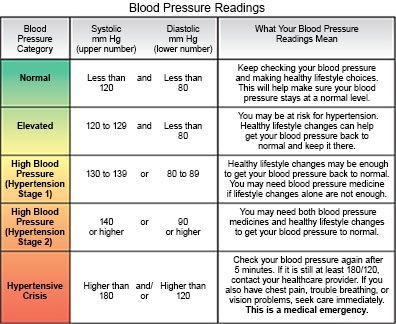Preeclampsia and Eclampsia after Delivery
Medically reviewed by Drugs.com. Last updated on Aug 4, 2025.
AMBULATORY CARE:
What you need to know about preeclampsia and eclampsia after delivery:
Preeclampsia is high blood pressure (BP) that usually develops after week 20 of pregnancy. When it develops days to weeks after delivery, it may be called postpartum preeclampsia. Preeclampsia causes your BP to be 140/90 or higher. You may also have protein in your urine or organ damage. Preeclampsia can lead to life-threatening conditions such as a stroke or HELLP syndrome (blood cell destruction). It can also lead to eclampsia, a condition that causes seizures from high BP.
 |
What you need to know about preeclampsia and eclampsia after delivery:
Preeclampsia is high blood pressure (BP) that usually develops after week 20 of pregnancy. It can also develop days to weeks after delivery, even if you did not have high BP during pregnancy. When it develops after delivery, it may also be called postpartum preeclampsia. Preeclampsia causes your BP to be 140/90 or higher. You may also have protein in your urine or damage to organs such as your kidneys or liver. Preeclampsia can lead to life-threatening conditions such as a stroke or HELLP syndrome (blood cell destruction). It can also lead to eclampsia, a condition that causes seizures from high BP.
 |
Warning signs to watch for:
- BP that starts to increase or reaches 130/80 or higher
- Shortness of breath
- Nausea and vomiting, or severe stomach pain
- Severe headaches
- Vision changes, or seeing spots in front of your eyes
- Arm or leg swelling
Call your local emergency number (911 in the US) if:
- You have a seizure.
- You have chest pain.
- You have severe nausea and vomiting.
Call your doctor or obstetrician if:
- You develop a severe headache that does not go away.
- You have new or increased vision changes, such as blurred or spotted vision.
- You have new or increased swelling in your face or hands.
- You have severe abdominal pain with or without nausea and vomiting.
- You have shortness of breath.
- Your blood pressure is higher than you were told it should be.
- You have questions or concerns about your condition or care.
Manage or prevent preeclampsia or eclampsia after delivery:
- Go to follow-up appointments as directed. Your obstetrician will check your blood pressure regularly until it is normal. He or she may also order other tests.
- Take medicines as directed. Medicines may be given to lower your blood pressure, protect your organs, or prevent seizures.
- Rest during the day. Your healthcare provider may tell you to rest more often if you have mild symptoms of preeclampsia.
- Do not drink alcohol or smoke. Alcohol, nicotine, and other chemicals in cigarettes and cigars, can increase your BP. They can also harm your baby. Ask your healthcare provider for information if you currently drink alcohol or smoke and need help to quit. E-cigarettes or smokeless tobacco still contain nicotine. Talk to your healthcare provider before you use these products.
Follow up with your doctor or obstetrician as directed:
Write down your questions so you remember to ask them during your visits.
© Copyright Merative 2025 Information is for End User's use only and may not be sold, redistributed or otherwise used for commercial purposes.
The above information is an educational aid only. It is not intended as medical advice for individual conditions or treatments. Talk to your doctor, nurse or pharmacist before following any medical regimen to see if it is safe and effective for you.
Further information
Always consult your healthcare provider to ensure the information displayed on this page applies to your personal circumstances.
